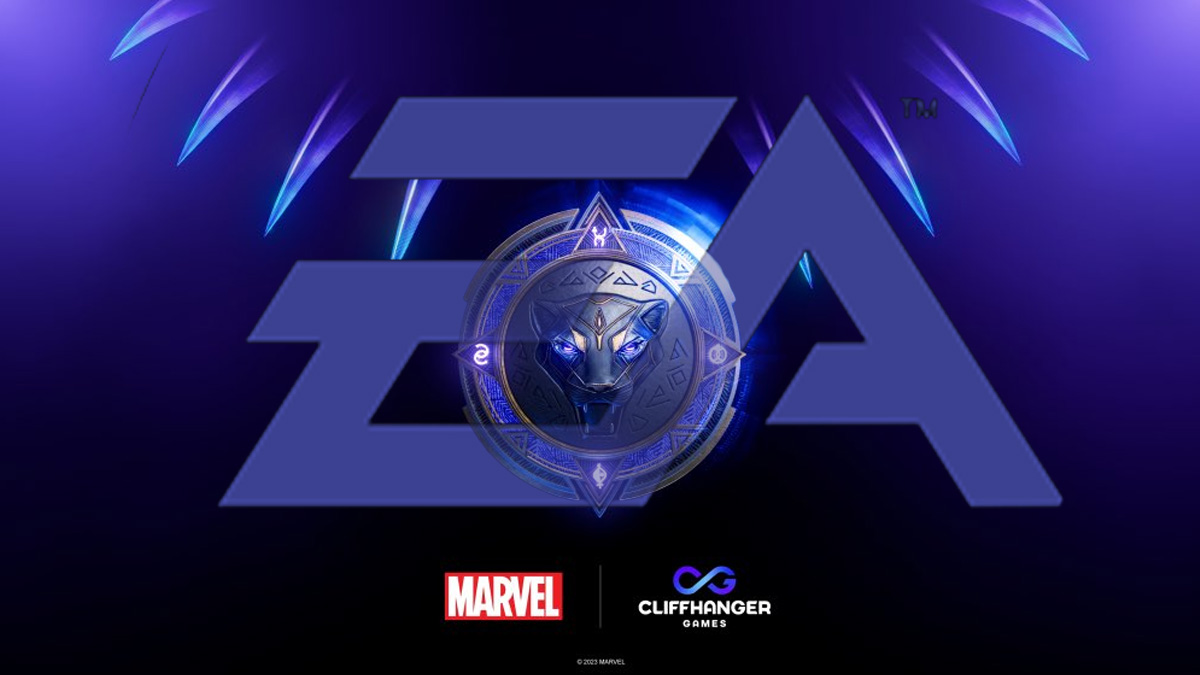
Seemingly out of nowhere, EA announced on Twitter that a Black Panther game was in the early stages of development. The news was met by fan fervor over the upcoming title, with plenty of Marvel fans ready and willing to throw their money at whichever studio was developing the action-adventure. Users speculated on the game’s potential story, how it would handle the T’challa of it all, and whether or not it was the rumored make-your-own-Black-Panther game that’s supposedly in development. But just as their joy was rising, a sour tang spread over the conversation. It’s not over the fact that this will be developer Cliffhanger Studio’s first game, but worse, EA is publishing.
If you’re unfamiliar with the problems with EA, I’ll cover some of the biggest complaints. The company is well-known for its aggressive monetization tactics. LCs can be a fantastic way to punch up a game, but EA’s additions tend to leave a sour taste in gamers’ mouths. From The Sims to FIFA, EA has utilized DLCs and micro-transactions to pump up revenue without really adding any substance. Though they certainly weren’t the first to popularize Loot boxes (nor will they be the last to use them) EA is the poster child for the negative aspects of microtransactions.
In-game microtransactions can use virtual funds (that players earn through playing), or points that players purchase with real-world money to buy cosmetics, emotes, or new weapons. Cosmetics may be appealing but they do nothing to change gameplay, a sometimes frustrating but ignorable feature. But when it comes to game-changing upgrades and weapons, it becomes more than an annoyance for players who can’t afford to purchase or don’t have time to win them. It stacks the deck in multiplayer games, and for many gamers, makes a game less challenging and more frustrating. To give an idea of the problem, the Sims 4, with all DLC, packs, and kits comes out to well over $1000 — and that just one of many EA titles to lean on the practice.
Moreover, EA is well known for a slew of unoriginal titles that pump out innovation-less “updated” versions annually. Titles like FIFA and Madden net the company millions annually yet do little to change their formula or shake the industry. These concerns and many more have prospective players wary of the company’s intent, but there is a silver lining. Kevin Stephens, the head of Cliffhanger Studios since its inception, has the potential to push the company in a better direction. Stephens is a long-time Monolith employee and worked with the company on and off for almost 20 years.
Monolith is known for its story-driven games and has had plenty of wins throughout its decades-long tenure. The studio was acclaimed for the F.E.A.R. franchise, a first-person shooter and horror series, that combined many aspects of both genres into something that hadn’t been seen before. The artificial intelligence for the enemies was revolutionary at the time. Likewise, Middle-Earth: Shadow of Mordor yet again revolutionized enemy AI, pioneering the nemesis system, a ground-breaking system that allowed player action to shape the baddies they encountered and twist them into death-defying super villains that constantly returned to harangue players. It allowed for even run-of-the-mill orcs to pose serious and imminent danger until the player finally dispatched them.
With Monolith’s stellar reputation for single-player games, and EA’s recent wins with titles like Jedi Fallen Order there is real hope for the upcoming Black Panther title. As long as the series doesn’t fall into the same pay-to-pay microtransactions that have burned fans in the past, there’s a real chance that players will return to Wakanda forever.
from All the latest Gaming News, Reviews, Trailers and Gameplay Previews! PC and Console! https://ift.tt/xgByGJD



0 comments: